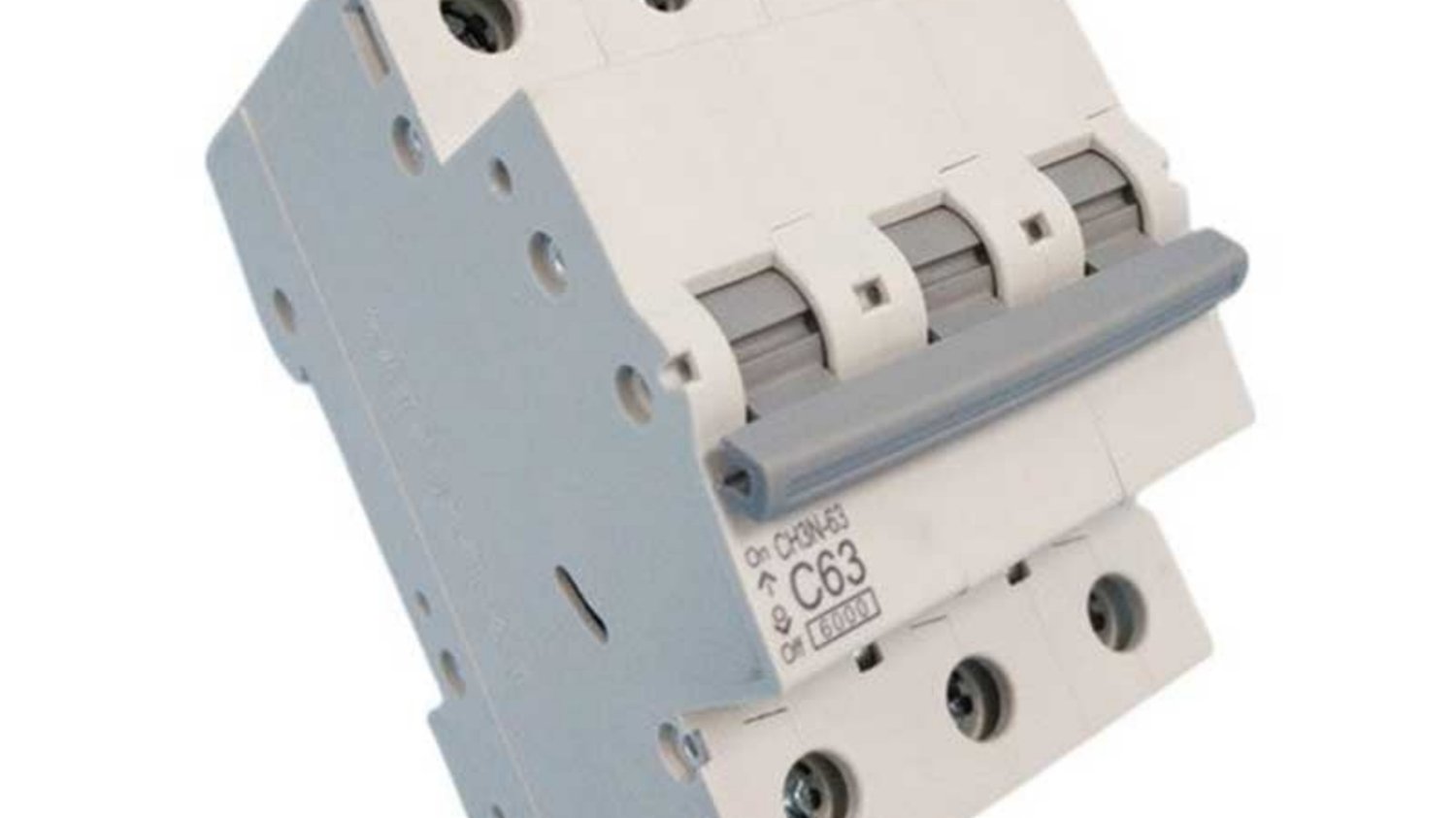The Basics of Cast Material Machining
Cast material machining refers to the process of shaping and forming a cast metal material to create a desired end product. The manufacturing process typically involves pouring molten metal into a mold, which is then cooled and solidified to create the desired shape. Once the cast material has been formed, it must be machined to achieve a precise fit and finish.
The Importance of Machining Cast Materials
Machining cast materials is essential for a variety of reasons. First, it allows for greater precision and accuracy in shaping the metal to the desired specifications. Additionally, machining can help to remove any surface defects or imperfections that may be present in the cast material. This ensures that the final product is of the highest quality and meets all necessary specifications.
The Challenges of Cast Material Machining
Machining cast materials can also present several challenges. Because the metal is often thick and dense, it can be difficult to work with and requires specialized equipment and techniques. Additionally, cast materials can sometimes be brittle or prone to cracking, which can make them more difficult to machine without causing damage.
The Importance of Choosing a Qualified Machining Service
When it comes to machining cast materials, it's important to choose a qualified and experienced service provider. Look for a company with extensive expertise in working with cast materials and a track record of successful projects. Additionally, be sure to ask about their equipment and processes to ensure that they have the necessary capabilities to handle your specific project.
The Benefits of Cast Material Machining
Despite the challenges, there are several benefits to machining cast materials. First, it allows for greater customization and flexibility in creating complex shapes and designs. Additionally, machining can help to improve the overall strength and durability of the final product, making it more resistant to wear and tear over time.
The Role of CNC Machining in Cast Material Machining
CNC machining is a popular technique used in the machining of cast materials. With this process, a computer-controlled cutting tool is used to shape and form the metal to the desired specifications. CNC machining allows for greater precision and accuracy, as well as increased efficiency and speed in the manufacturing process.
The Importance of Quality Control in Cast Material Machining
Quality control is a critical component of the cast material machining process. Inspectors must carefully examine the cast material for any defects or imperfections that could impact the final product. Additionally, precise measurements and testing must be performed throughout the machining process to ensure that the final product meets all necessary specifications.
The Applications of Cast Material Machining
Cast material machining has a wide range of applications across many industries. It is commonly used in the production of parts and components for the automotive, aerospace, and medical industries, among others. Additionally, it is often used to create molds and tooling for various manufacturing processes.
The Future of Cast Material Machining
As technology continues to advance, so too will the techniques and equipment used in the machining of cast materials. New innovations in CNC machining and other technologies are making the process faster, more precise, and more efficient than ever before. This is opening up new possibilities for manufacturers and expanding the applications of cast material machining even further.
The Bottom Line
Cast material machining is a complex process that requires specialized equipment, expertise, and attention to detail. By working with a qualified machining service provider, you can ensure that your cast material project is completed to the highest standards of quality and precision.

